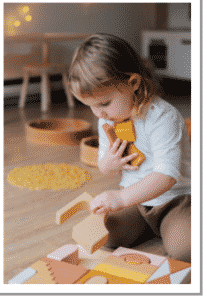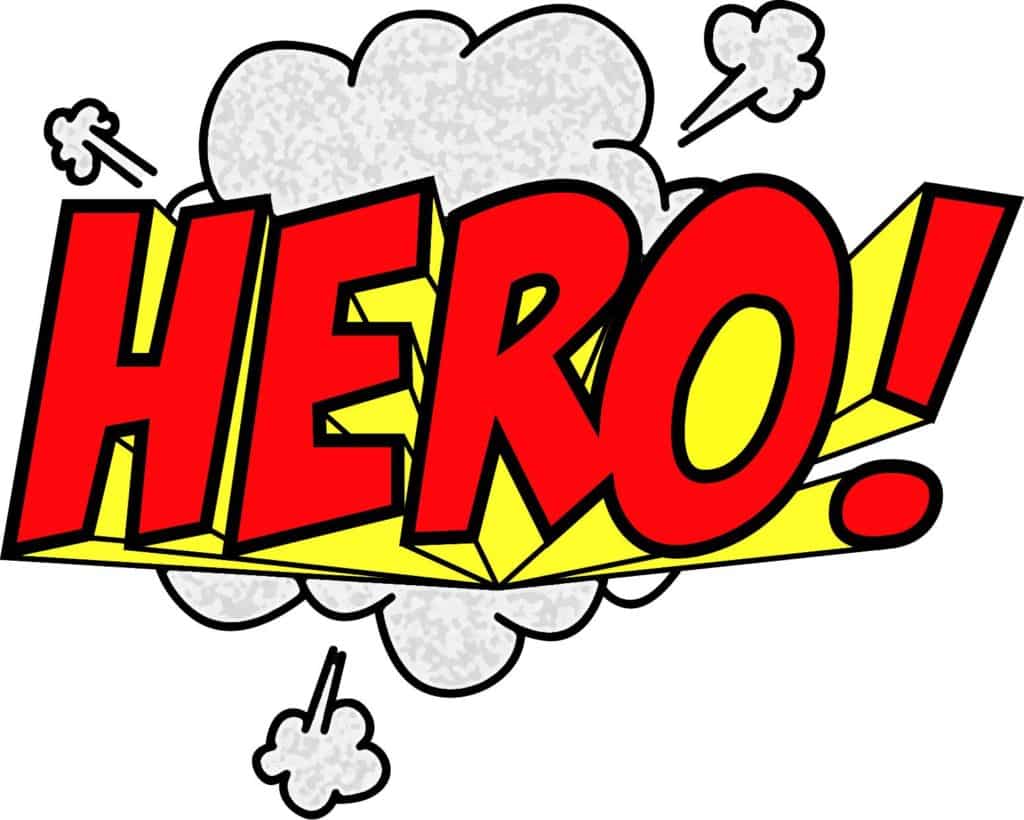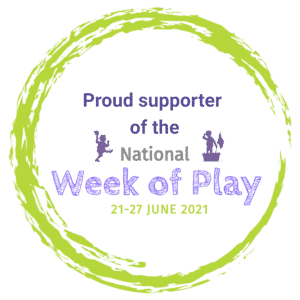
Today we are looking at Role play and Superheroes. If you have young children, you will probably know how much they enjoy role play and dressing up as their favourite Superhero, Disney, book or TV character. But why do children enjoy this type of play so much and what are they learning when they role play?
It’s not just boys who enjoy Superhero play, girls feel inspired and excited by being a superhero too. A superhero doesn’t have to be costume wearing hero like Superman, Spiderman, or Batman, a child’s superhero can be any fictional character with any super power a child chooses. Children see the qualities and powers their Superhero’s have and want to share and mimic them, they become a child’s role model. Four and five year old’s particularly enjoy Superhero play, at this age they want more control over their lives and are trying out new experiences that can incite feelings of fear. They are drawn to the power and strength a superhero possess. When children dress up and role play a scenario, it gives them strength and courage and helps them feel in control and even overcome fears and worries they may have. Children will use superhero play more than any other role play when they want to focus on feelings.

But just as importantly, pretending to be a super hero is a way for children to develop healthy emotions, giving them space and time to experience a whole range of emotions, both positive and negative. Identifying and recognising their own emotions allows children to develop healthy responses as they grow. Helping them to understand what emotion is, leading to them learning to regulate their feelings.
After all, superheroes face really big emotions and big challenges every single day, just like children do, even more so during the last few months.
Child development expert Dr Maria Robinson says, ‘In this fantasy world, a superhero might be troubled or even a little afraid of a really dreadful “baddie”, which represents their particular worry. But they are always brave, face the terrible monster or person and overcome them.’

- Superheroes always wash their hands
- Superheroes always blow their nose and cough into a tissue.
- Superheroes always eat lots of healthy fruits and vegetables.
- Superheroes are always kind to others
- Superheroes are always helpful to others
- Superheroes always try their best
- Superheroes are honest
- Superheroes always take their rubbish home with them
- Superheroes always help protect Nature and the animals and insects that live there
Children engage in super hero play for two main reasons. Firstly because they see them on TV and in the media and because it meets their developmental needs. Parents can be concerned that allowing their child to engage in this kind of role play can lead to aggression, but if we support children to make the connection that a Superhero isn’t just someone who fights bad guys and wears a cape and mask, but is a person who helps people and animals, like our everyday superheroes, firefighters, police officers, doctors, nurses, and vets. Then the benefits of being a superhero can have positive learning experiences for children, helping them to learn empathy,
Superhero play also encourages children to understand the different qualities that make people ‘good’. Attributes such as kindness, helpfulness, honesty, courage, manners and determination all make heroes what they are, it’s not just about being strong and tough. When children engage in role play with themes of good versus bad it can help them explore moral values and dilemmas and to establish what they and others perceive as right and wrong.
Children find superhero play very engaging and this can be used to promote positive behaviour and encourage learning. It captures children’s imagination and allows them to freely explore the world around them and to make sense of the world.
Being part of a group and building friendships is a big part of childhood, especially in the early years. Pretend play provides a means of playing out shared interests and creates the opportunities for negotiation and cooperation.

So as parents we can let our children engage in Superhero play confident in the knowledge that they are learning and developing lots of new skills.
As part of the National Week of Play the Early Years Alliance have produced a series of Family Time Tip Sheets.
Download todays Sheet for more ideas for play:
Family Time Tips 2 – Twist and Turn Tuesday




